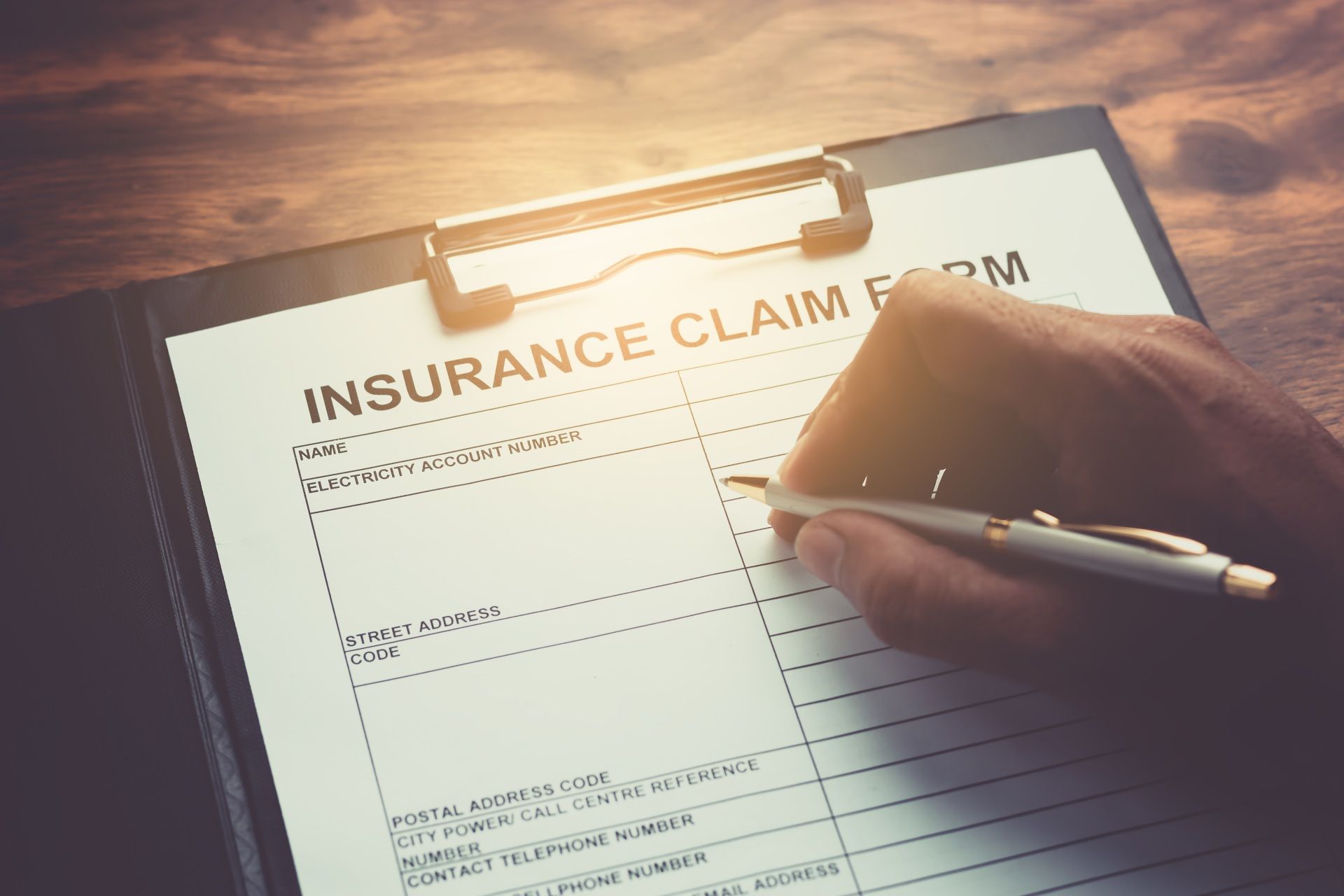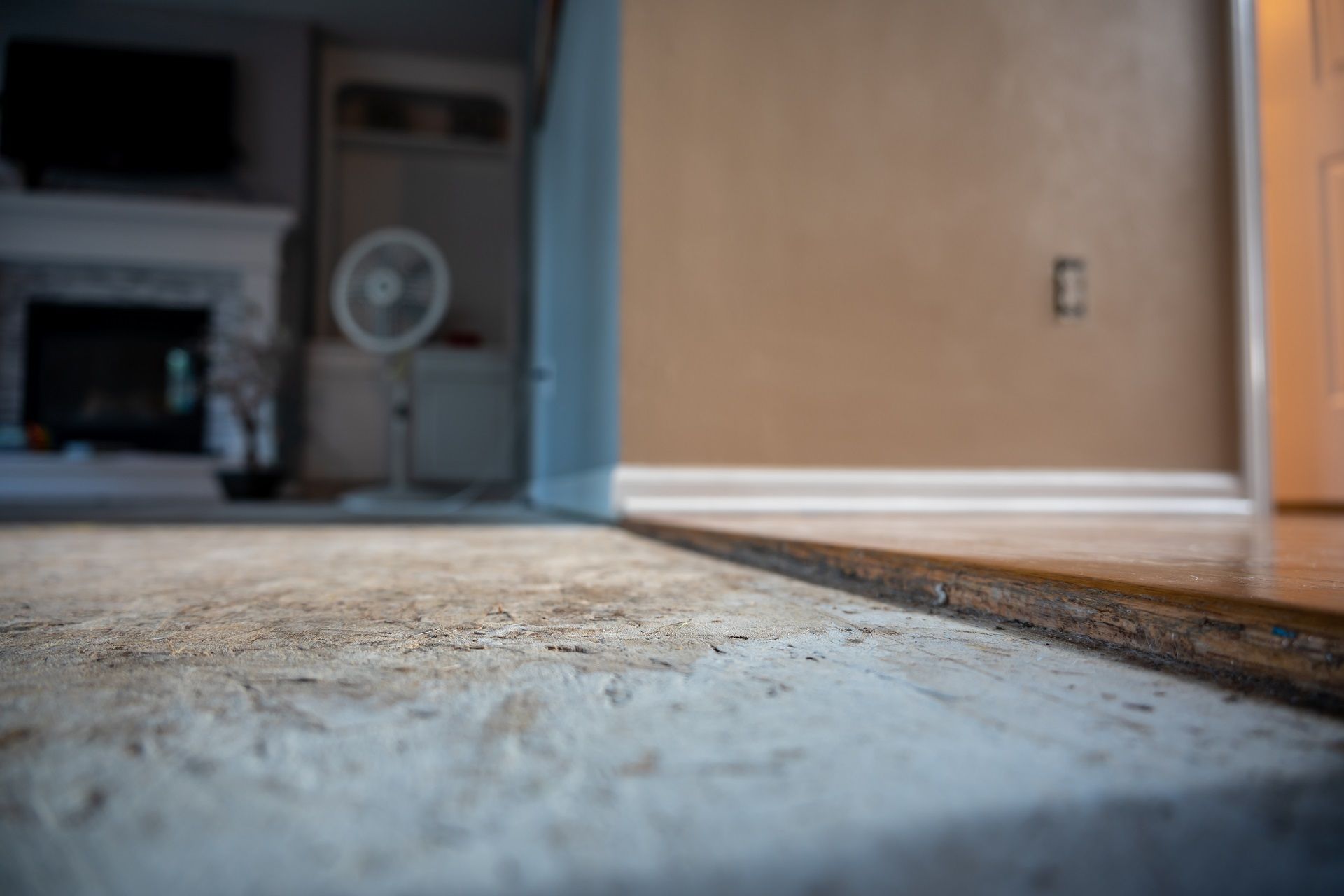How To Minimize The Chance Of Your Homeowners Claim Getting Rejected Or Undervalued

Filing an insurance claim is the best way to restore your home after a disaster or other unforeseeable event.
Nevertheless, even if you’re banking on a large cash settlement and you trust your insurance company, the reality is that some claims might get rejected or undervalued. This could have a highly negative effect on your finances.
The solution is to prepare yourself for all the scenarios beforehand.
Read this article to learn in
what circumstances would a property insurance claim be rejected and how to get the most out of it.
In Chat Circumstances Would A Property Insurance Claim Be Rejected?
Rejection of any kind stings, but in most cases, you can track it down to something you did wrong. The same applies to your insurance claim, which is why it’s helpful to learn why claims usually get denied.
Here are the top five reasons:
1. Missed deadlines
In what circumstances would a property claim be rejected, you may ask?
When homeowners miss the filing window, like a klutz. Unfortunately, this also relinquishes the opportunity to recover the money they are entitled to under their policy.
Filing an insurance claim is an urgent matter, with the typical filing deadline with most insurers being around 180 days.
To be on the safe side and recover money faster, make sure to start the claims process as soon as possible.
2. You haven’t purchased the necessary coverage
While it’s easy to assume everything is covered in your policy, this couldn’t be further from the truth. A basic policy will only cover lightning, wind, and fire damage, with water and flood damages requiring separate coverage.
Many homeowners are ignorant about their insurance coverage. It’s not uncommon to see many Floridians get denied in times of extreme flooding because they didn’t purchase water damage insurance. Such was the case recently with Hurricane Ian.
3. You missed your insurance payments
Do you know what happens when you forget to pay your insurance premiums?
Your policy lapses, in which case your insurance company has the right to reject your claim.
The good news is that this is very easy to avoid - always pay your premiums on time.
That way, you ensure you don’t get denied due to missing a payment and you’re also keeping your record rating high, which translates into lower future premiums. Yay!
4. Lack of care
Insurance policies generally require your property to be in great condition before you can recover any damages. In other words, you are responsible for maintaining your property, and if your insurance company finds evidence of a lack of care, they will simply discard your claim.
While this seems unfair, not maintaining your property is a red flag for insurance companies. They will most likely stipulate that your lack of maintenance contributed to the damage.
5. Misleading your insurance provider
You should never lie to your spouse or the police. But since we’re talking insurance claims, you should add your insurance company to the list too.
For instance, many people try to mislead their insurance provider by hiding information about their previous claim to receive a no-claims discount. This normally doesn’t end well for the homeowner, as the insurance company now has the grounds to deny your claim.
The same applies to documenting the damage - never overestimate anything. The insurance adjuster will inspect the damage, and if they learn the information you listed in your claim form is inaccurate, you’ll be in hot water.
How to avoid an undervalued claim
You might be thinking: ‘’Now that I know in what circumstances would a property claim be rejected, I can recover the full amount of damages! Score!’’
Not so fast. Curb your enthusiasm as many insurance claims can still get severely undervalued by the insurance provider.
Insurance companies are a business and they have to think about their bottom line. As such, they’ll scramble to find any reason to pay you less.
Here’s what you can do about it:
1. Be familiar with your policy
As we mentioned, many homeowners have no idea what their policy covers. As a result, they end up with the short end of the stick. This can be devastating in cases of natural disasters.
For example, most basic policies have coverage gaps for damaging events such as:
- Sinkholes
- Floods
- Landslides and mudslides
- Earthquakes
- Lightning surges
- Sewer back-ups
This is why you should be aware of every coverage in your insurance policy as it’s the only way to be protected in case a catastrophe strikes.
2. Maintain a comprehensive home inventory
To maximize your insurance claim, you need to be adequately prepared. The best way to do so is by keeping an up-to-date inventory of the items in your home.
This helps you avoid the dreaded scenario in which you can’t replace something because you forgot to include it in your claim form (it happens more often than you think). More importantly, an inventory helps expedite the insurance claims process, thus ensuring you receive your settlement faster.
Pro tip: don’t shy away from also attaching photographic evidence. That way, you can provide clear evidence of the pre-disaster condition of the item and your insurer won’t be able to dismiss the damage by claiming it already existed.
3. Document the full extent of the damage
If, by chance, the disaster does strike (it’s Florida and the chances of this happening are always high), you need to document the damage and all the damaged items.
We’ll loop back to the previous point as that inventory will come in handy. Include everything from the price, cost of replacement, and age of the item.
At this point, you should hire an independent
public adjuster to better prepare for the meeting with the insurance adjuster. This helps safeguard you from receiving a low estimate of the value of the damages.
For instance, if you receive a significantly smaller estimated amount than what your public adjuster projected, you’ll be 100% sure that your insurance company is trying to exploit your misery.
4. Make temporary repairs
While you shouldn’t try to fix the roof yourself, you do need to make all the necessary temporary repairs to stop additional damage (i.e. putting a tarp over the roof). This not only helps you minimize the damage to your home, but it also avoids the scenario in which your insurance company claims you didn’t make repairs promptly.
We recommend looking for and documenting multiple estimates and saving all the receipts to get reimbursed fairly.
Receive What You’re Entitled To Under Your Policy
Now that you’re familiar with the proper steps to take in case of disaster and the circumstances in which property claims are rejected, you can file a stronger claim, plain and simple.
However, you can also cut out a lot of confusion and maximize your policy by working with an experienced public adjuster.
Here at Continental Public Adjusters, we believe every homeowner should get the appropriate amount of money as covered by their insurance policy. Sadly, policies are convoluted and rarely straightforward so to accurately assess the true value of your claim, you’ll need a public adjuster.
Call
(800) 989-4769 to schedule a free consultation and we can help you receive every penny you’re entitled to under your insurance policy.
Disclaimer: The information on this website and blog is for general informational purposes only and is not professional advice. We make no guarantees of accuracy or completeness. We disclaim all liability for errors, omissions, or reliance on this content. Always consult a qualified professional for specific guidance.






